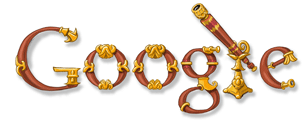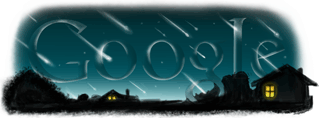 Announced from Official Google Blog: Google Translate now speaks 51 languages, Google Translate now supports 51 languages and 2550 language pairs — including all 23 official EU languages.
Announced from Official Google Blog: Google Translate now speaks 51 languages, Google Translate now supports 51 languages and 2550 language pairs — including all 23 official EU languages.Languages available for translation
Afrikaans
Albanian
Arabic
Belarusian
Bulgarian
Catalan
Chinese
Croatian
Czech
Danish
Dutch
English
Estonian
Filipino
Finnish
French
Galician
German
Greek
Hebrew
Hindi
Hungarian
Icelandic
Indonesian
Irish
Italian
Japanese
Korean
Latvian
Lithuanian
Macedonian
Malay
Maltese
Norwegian
Persian
Polish
Portuguese
Romanian
Russian
Serbian
Slovak
Slovenian
Spanish
Swahili
Swedish
Thai
Turkish
Ukrainian
Vietnamese
Welsh
Yiddish



 Google have added some features to your iGoogle homepage that will make it easier for you to enjoy your favorite web content and to share it with friends. Now you can add social gadgets to post updates, play games with friends, and more.
Google have added some features to your iGoogle homepage that will make it easier for you to enjoy your favorite web content and to share it with friends. Now you can add social gadgets to post updates, play games with friends, and more.  icon in the top right corner. Click the icon to see the gadget's social settings. The figures in the icon will show up inside a border when social options are enabled. To share social gadgets with your friends, use the drop-down arrow and click 'Share this gadget.'
icon in the top right corner. Click the icon to see the gadget's social settings. The figures in the icon will show up inside a border when social options are enabled. To share social gadgets with your friends, use the drop-down arrow and click 'Share this gadget.' 


